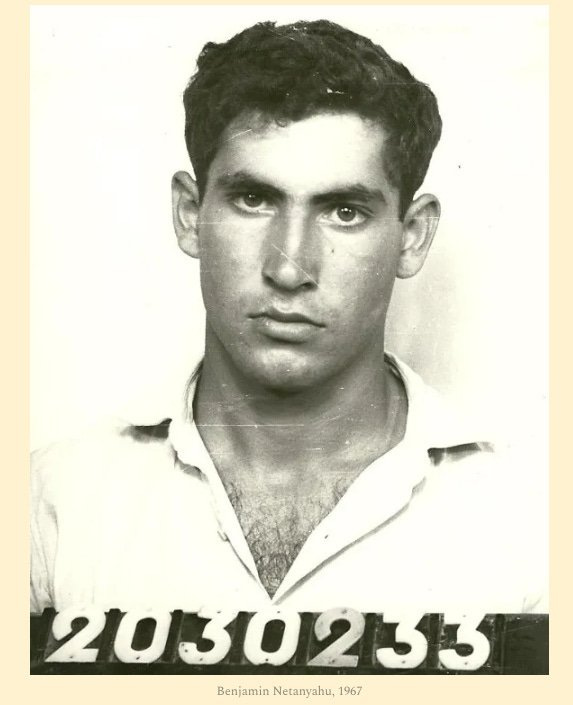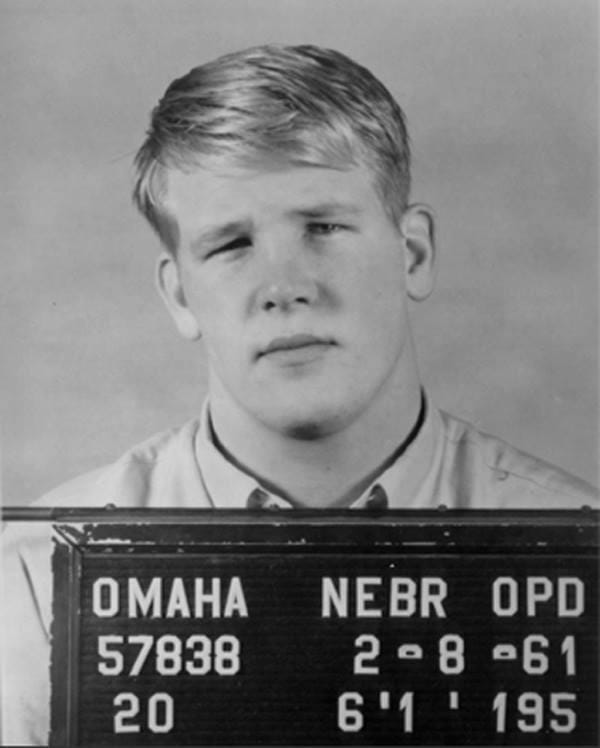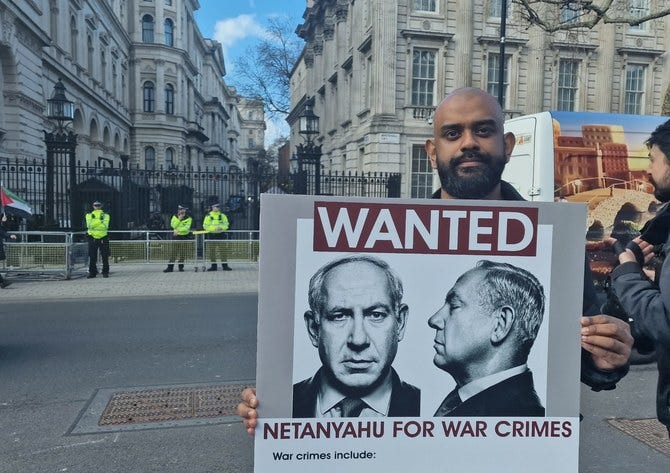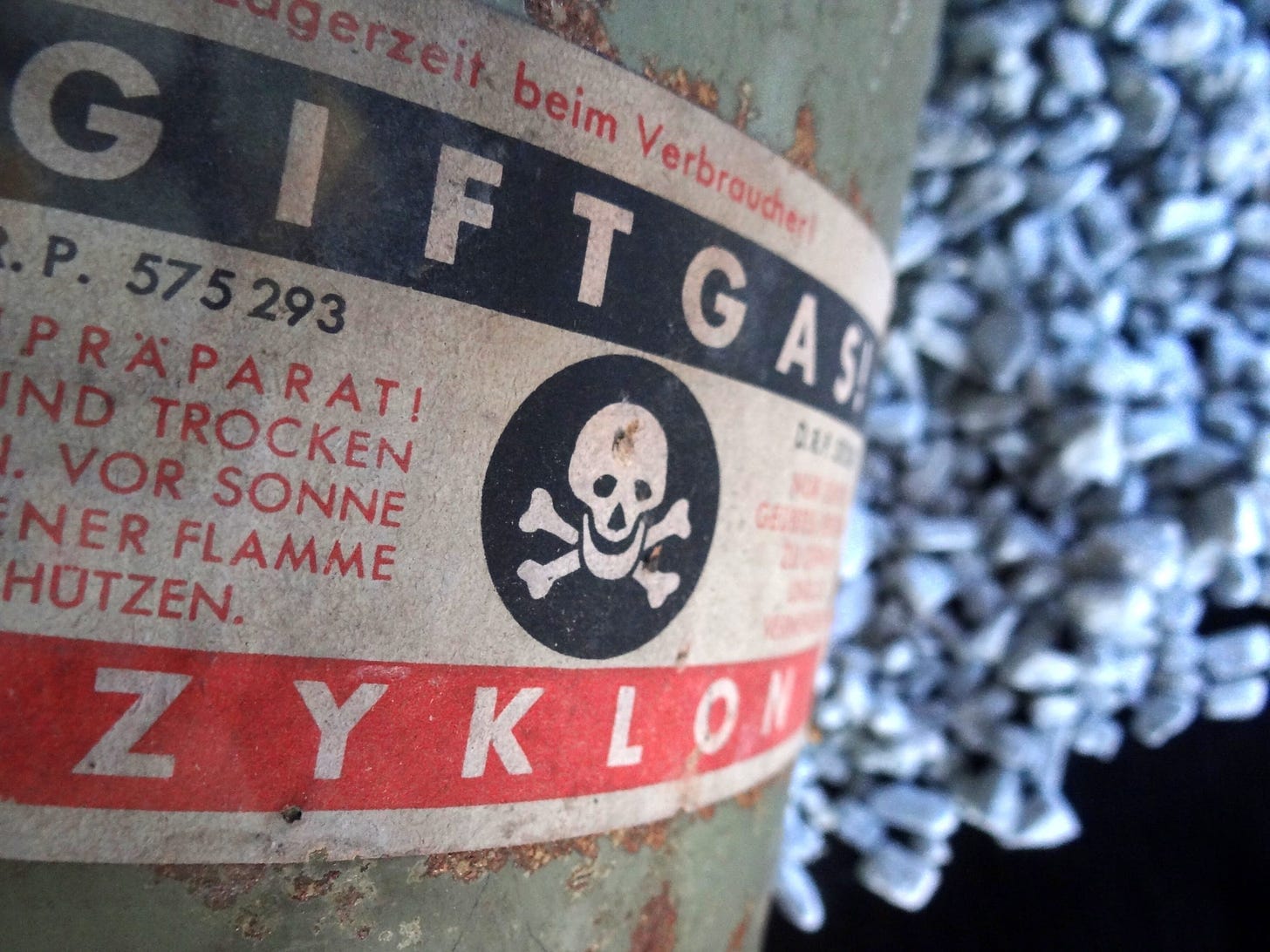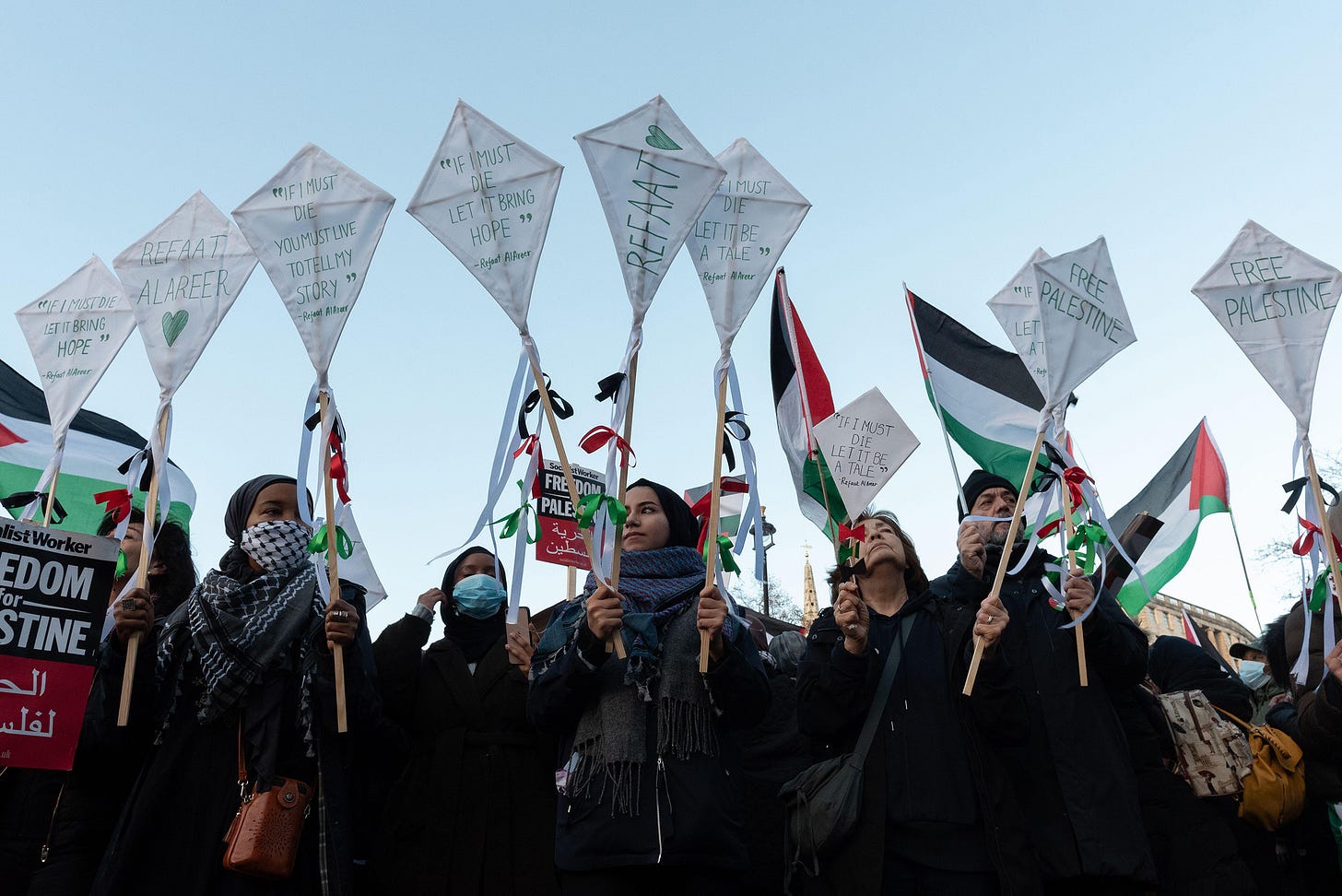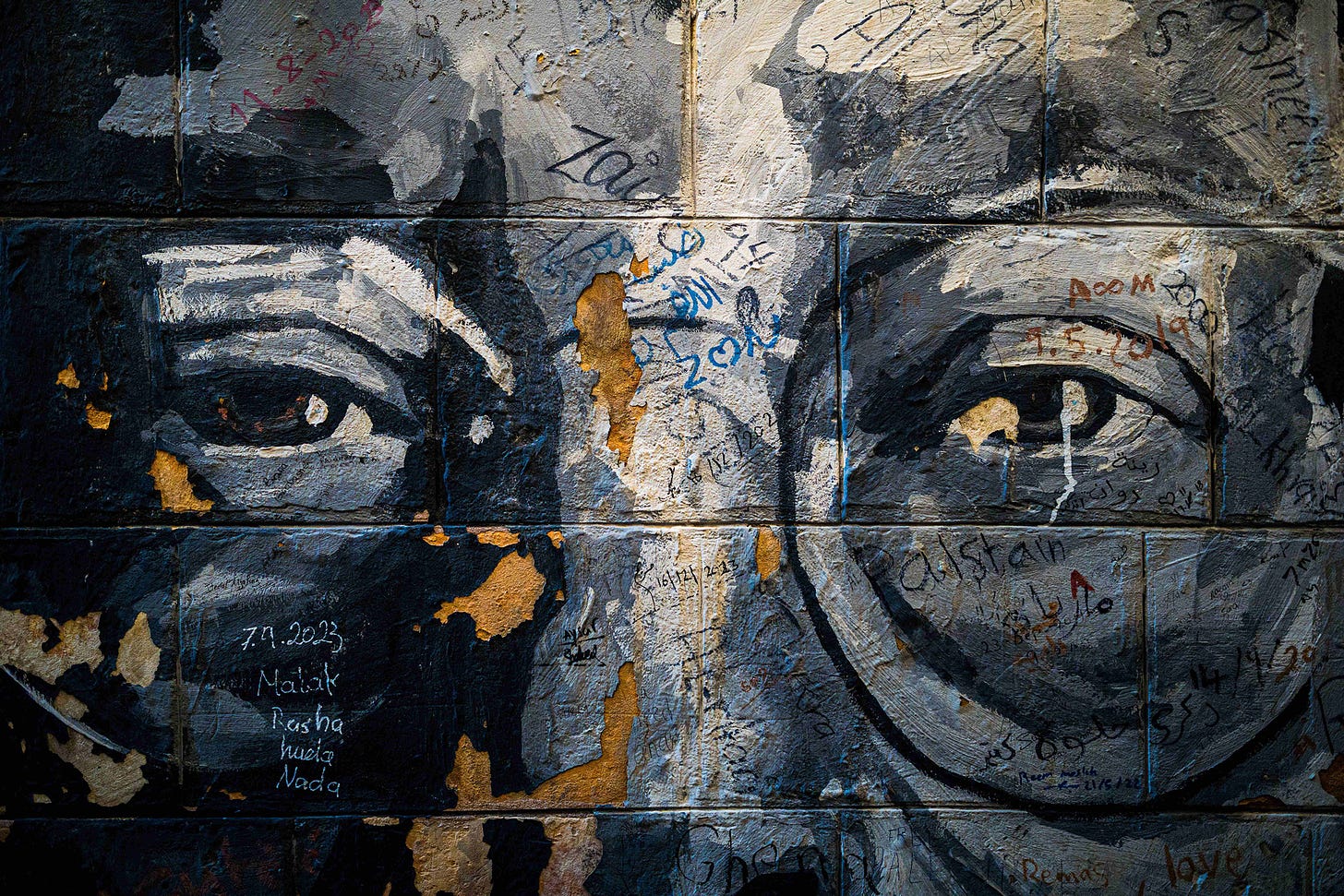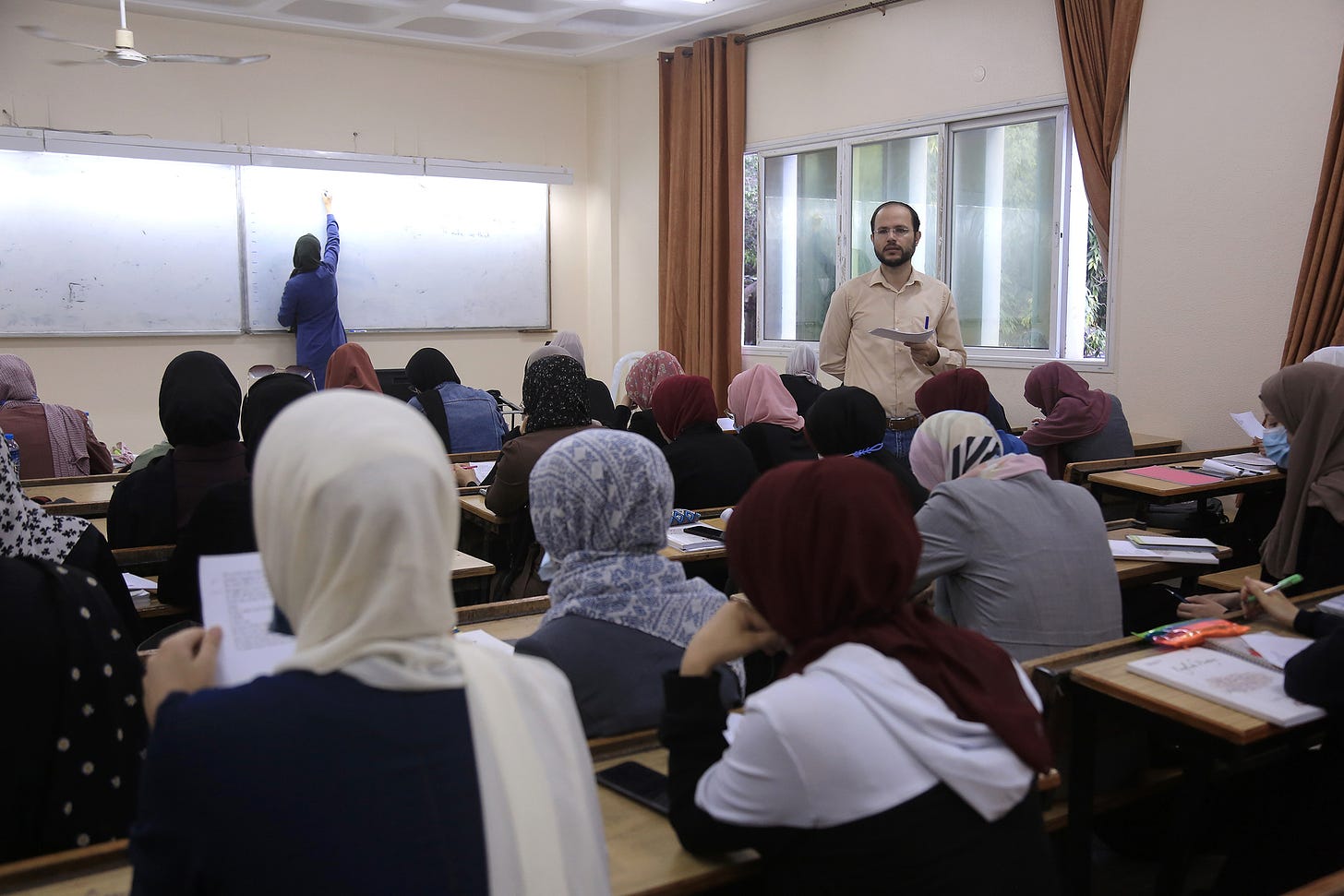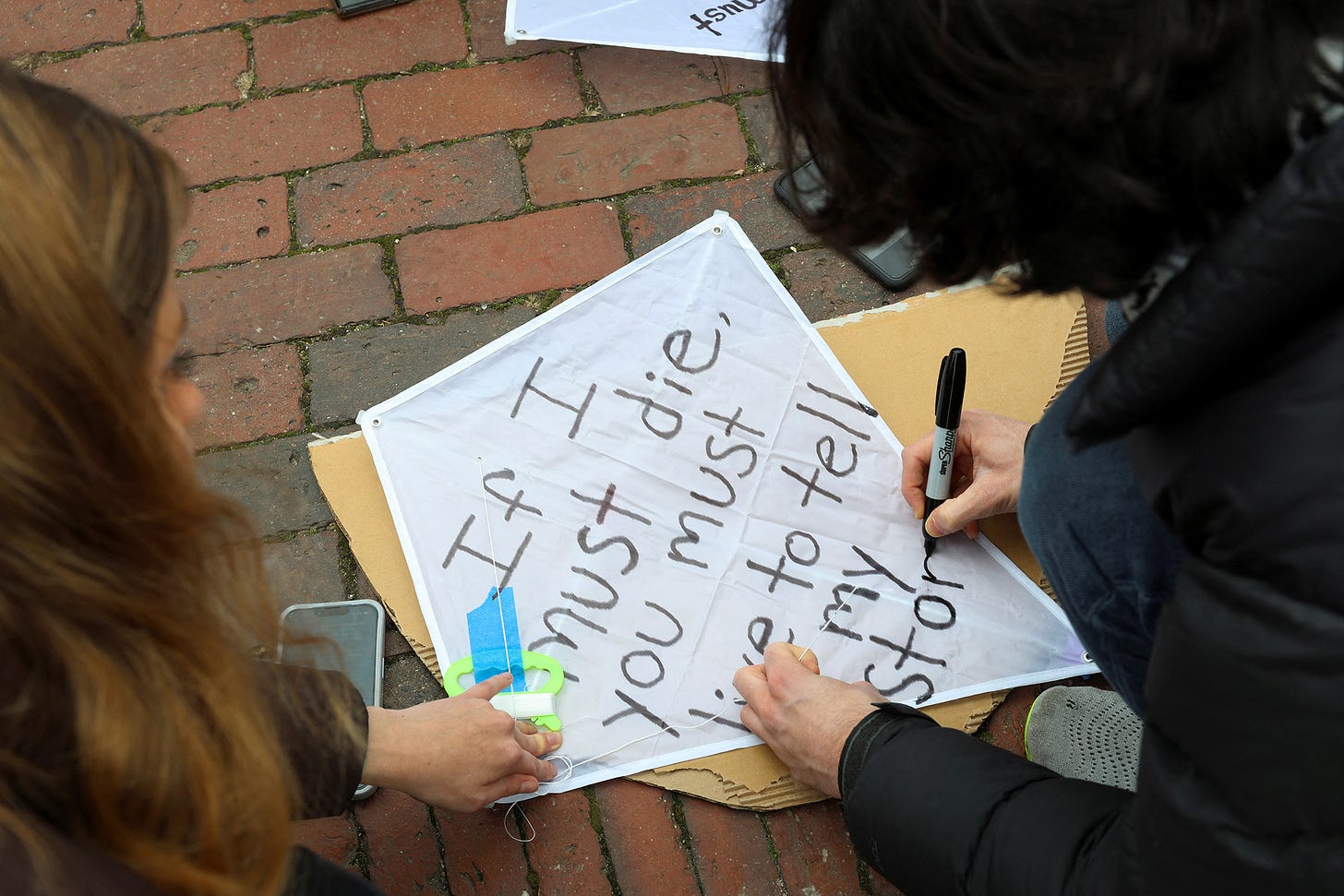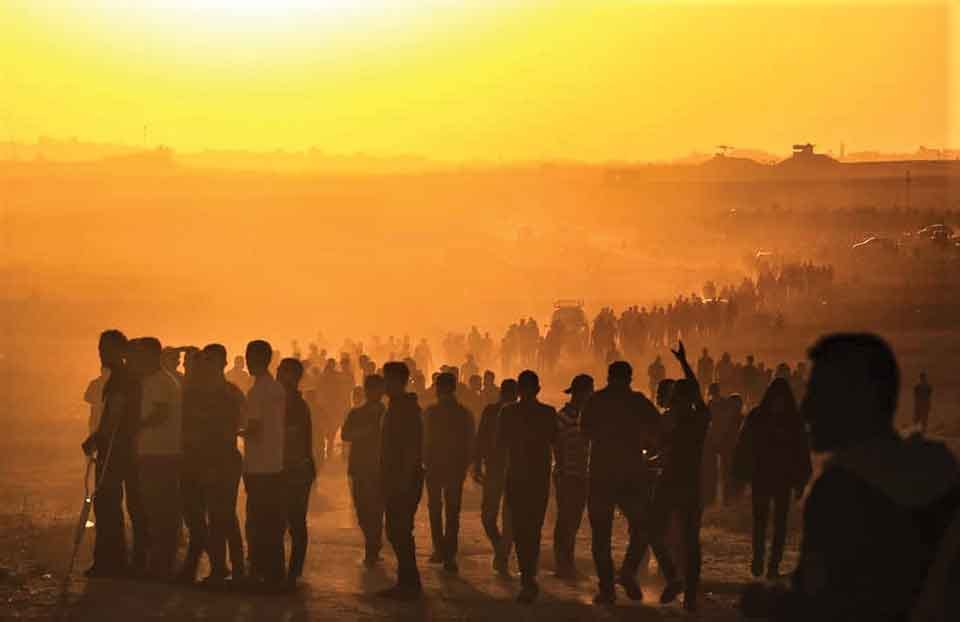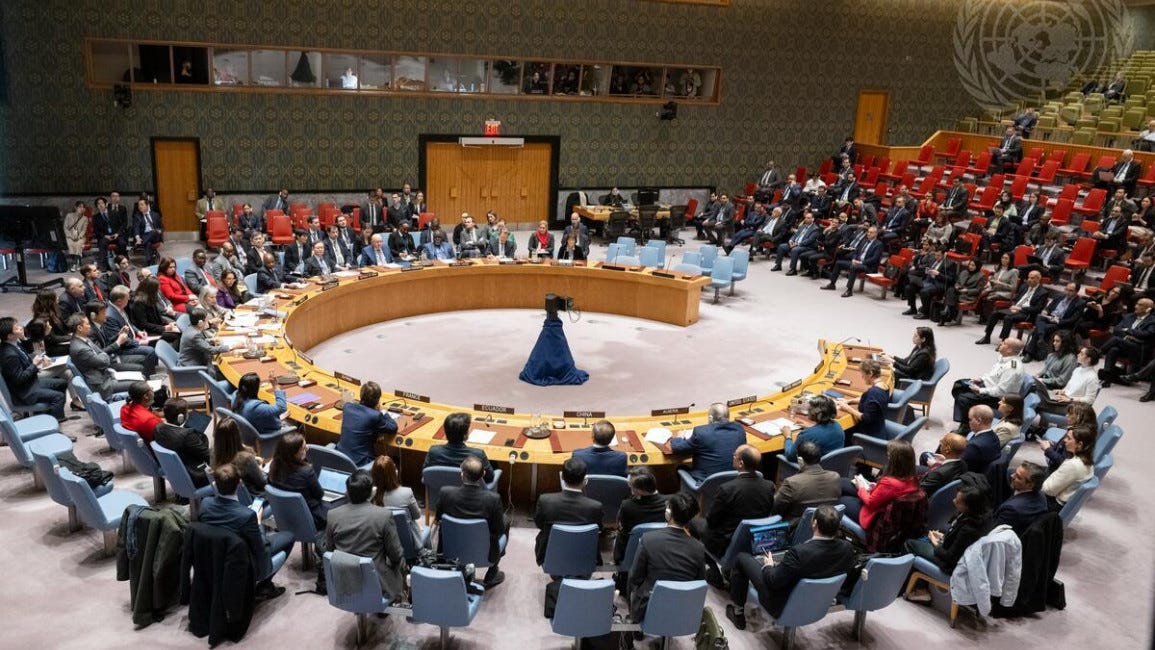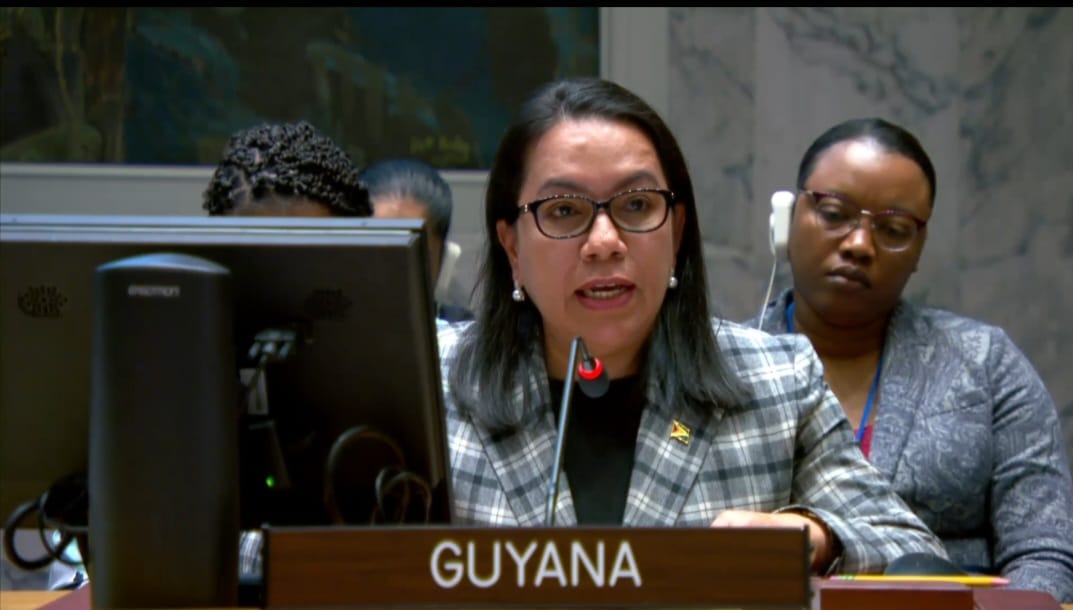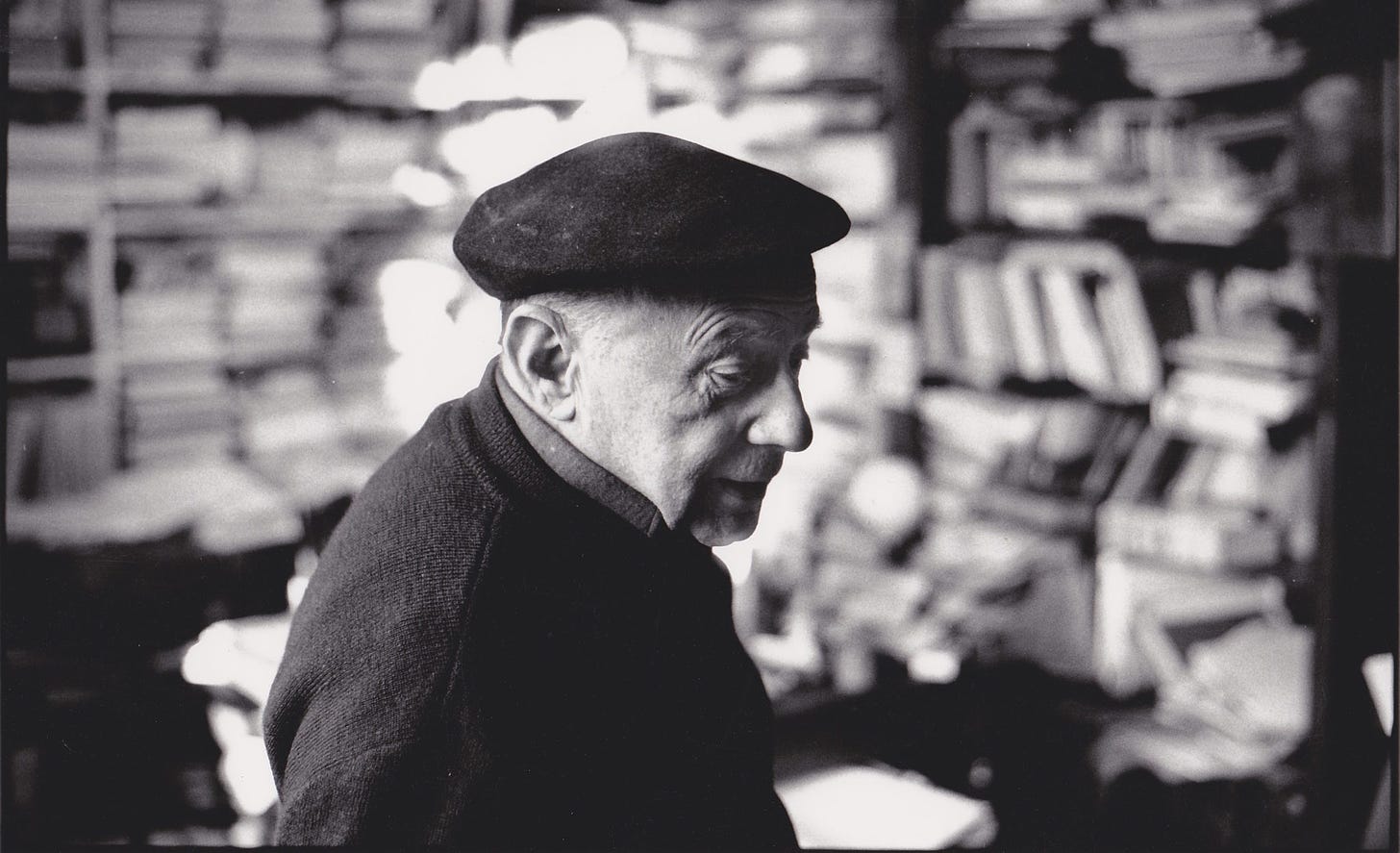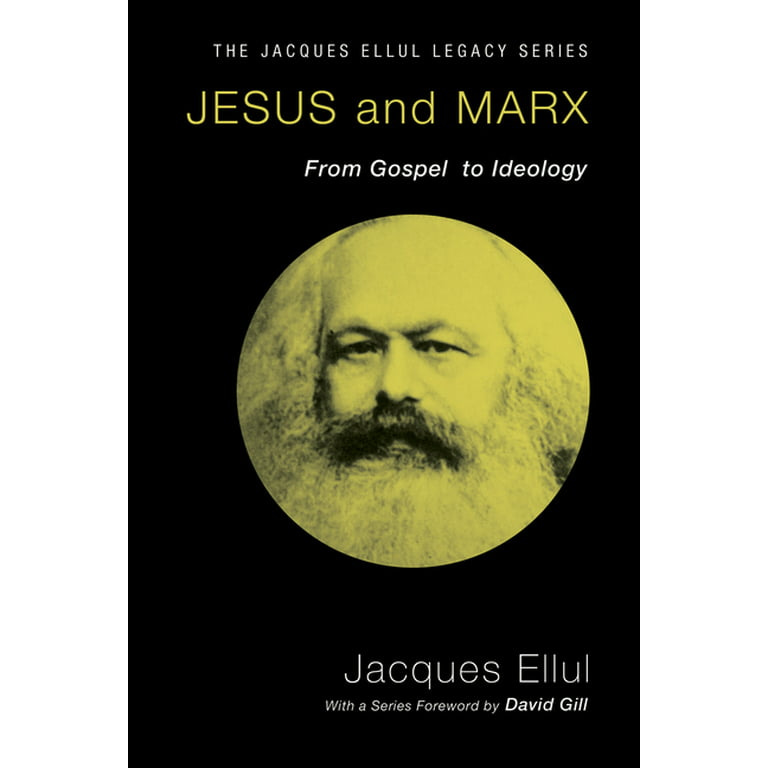Technique worships nothing, respects nothing. It has a single role: to strip off externals, to bring everything to light and by rational use to transform everything into means.
From the beginning of his academic life, JacquesEllul learned a great deal from Marx. He praises Marx’s opposition to oppression and his resistance to the worship of money and the constant pursuit of profit. He appreciated how Marx encouraged people to side with the poor and to be concerned with the concrete reality of life, not just abstract ideas. He believed that ‘Marx’s work actually gave him an important way to understand the world; and that it was impossible to be both a ‘Christian and a Marxist’.
Again and again Goebbels placed great stress upon phrases and slogans to characterize events. At the beginning of 1942, for example, he began a campaign whose purpose was to indicate economic, social, and political unrest in England. He very quickly adopted the phrase “schleichende Krise” – creeping crisis – to describe this state of affairs and then employed it “as widely as possible in German propaganda” … To achieve such effects, phrases and slogans should possess the following characteristics:
a. They must evoke desired responses which the audience previously possesses. If the words could elicit such responses, then Goebbels’ propaganda task consisted simply of linking those words to the event which thereafter would acquire their flavor.
b. They must be capable of being easily learned. “It must make use of painting in black-and-white, since otherwise it cannot be convincing to people,” Goebbels stated with reference to a film he was criticizing.
This principle of simplification he applied to all media in order to facilitate learning. The masses were important, not the intellectuals. All enemy “lies” were not beaten down, rather it was better to confine the counter-attack to a single “school example”. Propaganda could be aided, moreover, by a will to learn.
(Doob L. (1950). “Goebbels’ Principles of Propaganda”, The Public Opinion Quarterly. (from, “Prebunking” of “malinformation”)
But does it matter which mug shot you get? Because the real criminals just get skinny jeans commercials:
Oh, so probing Yasmin Green’s family, work history, statements, upbringing, associations, cliques, beliefs, religion, roots, motivations, convictions gets us in trouble? So I call her a modern Jewish Fascist. Thought police thug of the highest order. An Israel First White Supremacist. A sociopath. Power hungry woman. A misandrist. A Goyim Nanny. A genocide backer and planner.
Yikes, so the ghosts in her dirty machines now have wormed there way into my Substack and have targeted me for elimination? Public humiliation? Financial disenfranchisement?
Ahh, here’s her Zionist and Jewish Supremacist roots. In a longer bio, https://www.influencewatch.org/person/yasmin-green/
A monster by any other name is a skinny jeans and hipster fascist.
Whores.
Zyclon/Zyklon B.B.B.B. Blinken!
This is his fucking Torah Torah Torah Legacy!
Poets stand up! National Poetry Month, April 2024!
“Everyone is a target in Gaza,” Mosab Abu Toha, a 31-year-old revered Palestinian poet, scholar, and founder of Gaza’s Edward Said library, tells TIME from Cairo.
Abu Toha was arrested on Nov. 20 while fleeing from Northern Gaza to the south, heading for the Rafah crossing which borders Egypt. Despite having word from U.S. officials that his family would be allowed to enter Egypt, he was arrested at an Israeli checkpoint. He was stripped, beaten, and handcuffed when Israeli forces accused him of being a Hamas activist without evidence, he says.
“In my case I think I was taken on purpose. There are other people taken at random. But for me, it was not random. It was not a mistake,” he says.
He adds that he was only released after two days as a result of the pressure from international media outlets who reported on his detention.
“They wanted to humiliate me, they wanted to beat me, to punish me for speaking and writing about what I have seen in Gaza,” Abu Toha says. “They are trying to kill the voice, to kill the people who speak.”
National Poetry Month, USA, APril!
[The eyes of Mahmoud Darwish look on in a mural seen on a wall in downtown Amman, Jordan, on Jan. 5. The late Palestinian author, who died in 2008, was regarded as Palestine’s national poet.Natascha Tahabsem—Zuma Press]
A Long History of Palestinian Poetry
The practice of targeting Palestinian writers predates the current aggression. Since the 1930s, Palestinian poetry has grappled with the suffering furnished by colonial powers, says Atef Alshaer, a Senior Lecturer in Arabic Language and Culture at London’s University of Westminster. He adds that at times, this poetry foresaw what would happen to Palestinians, from the mass creation of refugees as a result of the 1948 Nakba—the catastrophe in which 80% of the population was displaced—to long term dispossession and exile since Israel’s founding.
[Professor Refaat Alareer during a lecture to his undergraduate literature students at the Islamic University in Gaza on Oct. 4, 2021.]
Link. Electronic Intifada: We are devastated by Israel’s murder of our dear colleague, friend and mentor Dr. Refaat Alareer in Gaza City on 6 December 2023. Throughout this genocide, Refaat never stopped writing, supporting his students and bringing Gaza’s voice to the world. We will make sure it continues to be heard.
This is an excerpt from the EI livestream on 20 November 2023, during which executive director Ali Abunimah, writer and scholar Yousef M. Aljamal and Palestinian novelist Ahmed Masoud talk about the incalculable impact Alareer has had on his students in Gaza
For Palestinians, poetry is “compensation for their lack of physical power,” Alshaer says. “They have been exposed to these practices of violence by the Israeli occupation and left with nothing, so they have used their voice to the maximum [extent] possible.”
Najwan Darwish, a prominent Jerusalem-based Palestinian poet with eight poetry books published in Arabic, tells TIME that it is painful when readers around the globe turn to older works of Palestinian poetry, including his, to make sense of today’s events.
“I am not happy when I see my poetry used in the war, in this genocide, because I wish this poetry would become invalid,” he says.
In The Shelling Ended, he writes:
“The shelling ended
only to start again within you.
The buildings fell/the horizon burned,
only for flames to rage inside you,
flames that will devour even stone.”
I Write the Land
I want to write the land,
I want the words
to be the land itself.
But I’m just a statue the Romans carved
and the Arabs forgot.
Colonizers stole my severed hand
and stuck it in a museum.
No matter. I still want to write it –
the land.
My words are everywhere
and silence is my story.
The Shelling Ended
No one will know you tomorrow.
The shelling ended
only to start again within you.
The buildings fell, the horizon burned,
only for flames to rage inside you,
flames that will devour even stone.
The murdered are sunk in sleep,
but sleep will never find you –
awake forever,
awake until they crumble, these massive rocks
said to be the tears of retired gods.
Forgiveness has ended,
and mercy is bleeding outside of time.
No one knows you now,
and no one will know you tomorrow.
You, like the trees,
were planted in place while the shells were falling.
Barely Breathing
Sorrow pours from the rooms
while I, like a ghost, enter your abandoned homes,
holding my end in my hand,
sleeping and waking with my ruin.
It’s dispiriting to become acquainted
with my own desolation,
to keep step with it to this extent.
They weigh on me – these abandoned houses,
this desertion that fills your homes.
I enter their hollowed hearts, and can barely breathe . . .
Neither Arabs nor Persians nor Byzantines can feel me now.
Didn’t I ever have a history?
And how did I lose them along the way –
poems that were the world unfurling, in a moment?
And how were you lost, all of you?
You took my share of loss
and left abandonment behind,
a planet with no ribs –
you left it for me, you left it
to burden me.
If I said I was leaving
there would still be no one here
but abandonment,
with its hoarse voice that’s swallowing my own.
+—+
The Palestinian ambassador to the UN has denounced the US draft resolution which was vetoed by Russia and China at the UN Security Council on Friday.
Riyad Mansour said it was “one-sided” and that it failed to address the “genocide” happening against Palestinians in Gaza.
“The essence of it is calling for an immediate ceasefire during the month of Ramadan, which we support because we want to save the lives of the Palestinian people in the Gaza Strip and we want to have massive humanitarian assistance to the level of the needs of our people,” Mansour said.
Guyana abstained from the US resolution because it “lacked attribution in a number of key areas”.
Ambassador Carolyn Rodrigues-Birkett said,
“To whom is the demand for compliance with obligations under international law [addressed?] … Who is preventing the use of all available routes to the Gaza Strip? Who does not respect deconfliction and notification mechanisms?”
“We know the answers to these questions … Why then were the relevant demands in this resolution not clearly addressed to the occupying power, not even once?”
+—+
All eyes are on Rafah as Israel prepares to mount an invasion to expel Palestinians or decimate them. It is this pivotal battle that will either force Israel into a ceasefire or thrust the region into an all-out, multi-front war.
The temporary truce struck on 24 November between the Hamas resistance movement and the Israeli government could have paved the way toward successive truces and potentially a sustainable ceasefire in the Gaza Strip.
But the opportunity was squandered by Tel Aviv, who viewed the continuation of its genocidal war as a means to reshape Gaza’s political and security landscape under the guise of ‘restoring deterrence’ and mitigating domestic fallout from Hamas’ 7 October Al-Aqsa Flood Operation.
Now, nearly six months since the commencement of what Israel calls a ‘war of survival and existence’ against Gaza, it has become clear that the occupation state’s military aggression cannot unseat Hamas from either the Strip or the broader Palestinian political arena.
The recent flurry of indirect Hamas–Israel negotiations held in Paris, Cairo, and Doha have revealed a stark political reality: Hamas is the primary Palestinian negotiating party where Gaza is concerned. This tacit acknowledgment by Tel Aviv marks the strategic failure of one of Israel’s dual objectives set forth last October, aimed at eradicating Hamas and its allied resistance factions in the Strip.
[Journalist Jeremy Loffredo goes inside the grassroots Israeli campaign to block desperately needed aid to the besieged Gaza Strip and elicits the shockingly candid views of the Jewish Israeli nationalists manning the barricades. Setting out on a bus caravan through illegal Jewish settlements in the occupied West Bank, Loffredo arrives at the Kerem Shalom crossing to Gaza, filming Israeli citizens as they physically block trucks loaded with flour and other essential goods. There, a reservist who served in the military assault on Gaza confesses to an array of war crimes, including blowing up the offices of UN centers dedicated to providing food to the local population. Loffredo then joins nationalists on a march toward Gaza, where they hope to establish new settlements after the population is violently driven out.]
Jacques Ellul’s reflections on how propaganda intentionally limits and mutilates our capabilities of critical reflection:
To begin with, what is it that propaganda makes disappear? Everything in the nature of critical and personal judgment. Obviously, propaganda limits the application of thought. It limits the propagandee’s field of thought to the extent that it provides him with ready-made (and, moreover, unreal) thoughts and stereotypes. It orients him toward very limited ends and prevents him from using his mind or experimenting on his own.
It determines the core from which all his thoughts must derive and draws from the beginning a sort of guideline that permits neither criticism nor imagination. More precisely, his imagination will lead only to small digressions from the fixed line and to only slightly deviant, preliminary responses within the framework. —- (Ellul, J. Propaganda.)
But overall, his predictions about the effects of the technological mindset on society ring true. Ellul coined the term ‘technique’ to describe the reality and the mindset of a society consumed by the practical efficiency of systems and machines: ‘Technique is the totality of methods rationally arrived at and having absolute efficiency.’[2] Technique is more than machines or technology in and of themselves, it is the culture and mindset that creates, and is created by, the increasing use of technology. The ‘technological milieu’ becomes a totally unavoidable, encircling system. He wrote very vividly about how much technique governs our very existence:
The machine tends not only to create a new human environment, but also to modify man’s very essence … to a universe for which he was not created. He was made to go six kilometres an hour, and he goes a thousand. He was made to eat when he was hungry and to sleep when he was sleepy; instead, he obeys a clock. He was made to have contact with living things, and he lives in a world of stone. He was created with a certain essential unity, and he is fragmented by all the forces of the modern word.
… He has been liberated little by little from physical constraints, but he is all the more the slave of abstract ones. He acts through intermediaries and consequently has lost contact with reality.
… The pilot of the supersonic aircraft at its maximum velocity becomes, in a sense, completely one with his machine. But immobilised in a network of tubes and ducts, he is deaf, blind, and impotent. His senses have been replaced by dials which inform him what is taking place. (Why you might get something out of French Christian Anarchist Sociologist Jacques Ellul)


